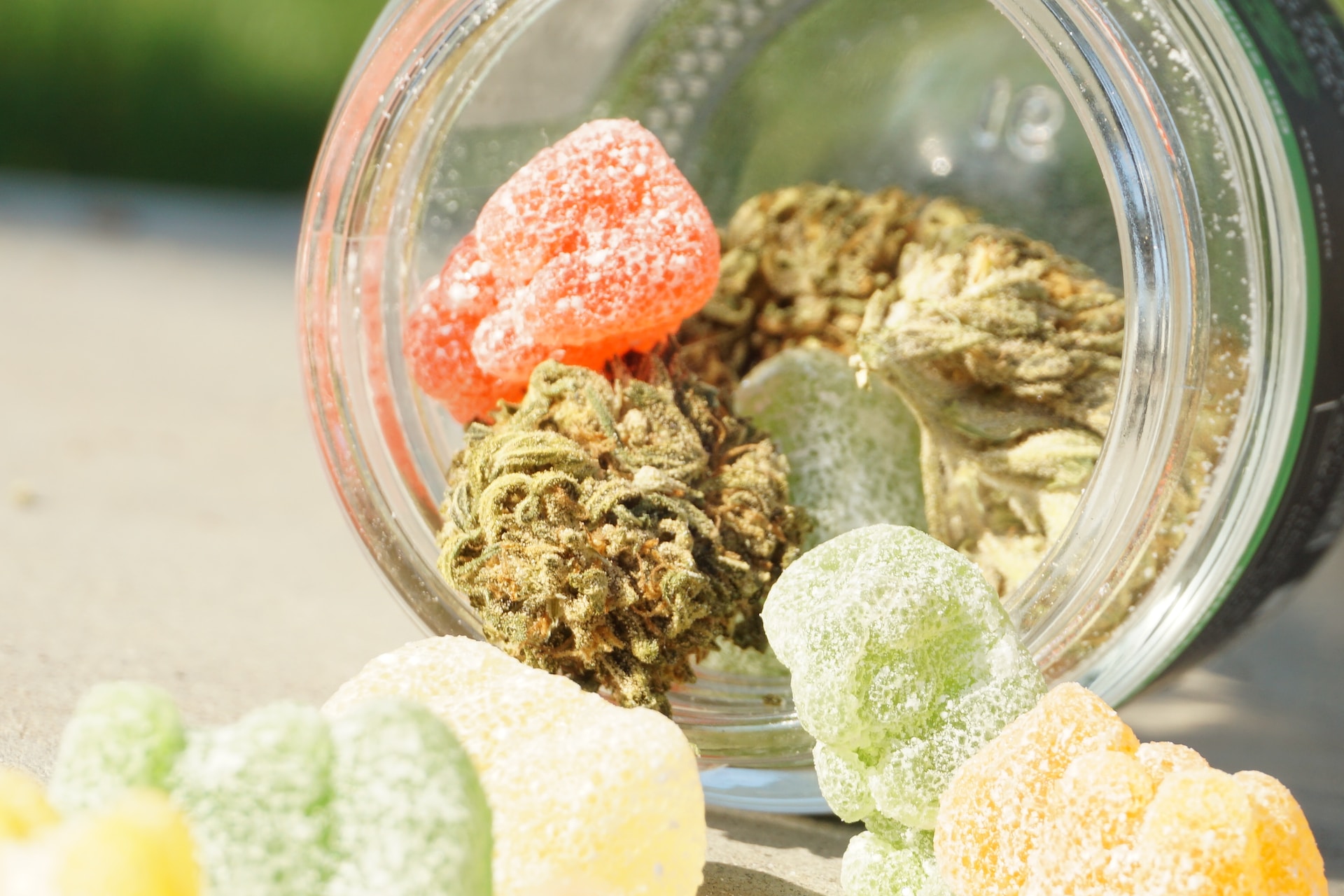
Sex and better protection from COVID-19 against reduced cognitive ability and long-term damage: divided science on the risks and use of cannabis plants for young people.
Dope, weed, marijuana, hemp – cannabis goes by many different names. Humans have known about the Central Asian plant and its benefits for thousands of years. It is used to make ropes and textiles, but the popularity of cannabis comes from its use as a poison and medicine. Globally, cannabis is the second most commonly used substance after alcohol and before nicotine, according to the Global Drug Survey 2021. Teenagers and young adults often use cannabis. Once considered a dangerous gateway drug, cannabis has gained public acceptance in recent years. In many countries, entertainment is now legal.
Sex and better protection against COVID?
So, is cannabis a dangerous gateway drug or a panacea? Many studies have been published in recent months, some showing great risks, others great benefits of the hemp plant and various things.
A recently published Spanish study led by researchers at the University of Almeria found that sexual activity makes cannabis users more efficient and achieve better orgasms. “This improvement is often associated with a reduction in anxiety and shyness, which makes sex easier,” the researchers explain.
In other words: those who lose their inhibitions by drinking alcohol or smoking can have better sex. US researchers from Oregon State University recently proposed cannabinoids as a way to prevent and treat COVID-19, as they prevent the virus from entering cells, and can provide protection against infection by the coronavirus.
Their study showed that CBGA (cannabigerolic acid) and CBDA (cannabidiol acid) bind to spike proteins and prevent Sars-CoV-2 from entering cells, the researchers wrote in the Journal of Natural Products. Unlike the well-known tetrahydrocannabinol (THC) found in cannabis, CBGA and CBDA are not psychoactive.
So, psychoactive THC leads to better sex and cannabis acid protects against COVID-19 – talk about a convincing argument in favor of the miracle plant!
Smoking causes long-term problems
However, it is not that simple, because the use of cannabis can also cause long-term disability, especially in young people whose brains are still developing. This was recently demonstrated by a new meta-analysis of 10 published in the journal Addiction.
Analysis of data from 43,000 participants showed that heavy drinking (which occurs after consuming a large amount of THC) can lead to mild and mild depression. It affects decision-making skills, the ability to inhibit inappropriate reactions or learn from reading and listening, and the time it takes to complete mental tasks. But these weaknesses can last longer than the duration of heavy drinking. “Cannabis use among young people can lead to lower educational attainment and, among adults, poor performance and dangerous driving. These consequences may be worse among regular and heavy,” said Alexandre Dumais, professor of clinical medicine at the Université de Montréal and one of the authors of the study. On average, adults who use cannabis as teenagers score lower on intelligence tests and are more likely to succeed in school or college. But there hasn’t been a close connection. Whether cannabis use among adults can have long-term consequences is also controversial.
The developing brain is especially at risk
However, there is no doubt that cannabis use can damage young brains, as the brain does not fully develop until the mid-twenties.
The brains of young cannabis users were smaller in some areas than those in a control group, as shown by brain scans of 800 teenagers who were part of a study published in the journal JAMA Psychiatry last June. The prefrontal cortex is most affected. This is the area of the brain where impulses are controlled, problems are solved and plans are made. According to studies, teenagers with negative brain scans are more likely to be impulsive and have trouble concentrating than other teenagers. The more teenagers use cannabis, the more pronounced its effects become.
Increased risk of psychoses
Excessive drinking can also trigger psychoses, especially in teenagers.
People who smoke weed every day can have a mental condition three times more than those who do not have a connection with cannabis, a European study showed in 2019. Researchers from the psychiatric hospital of the University of Ulm also found an eight-fold increase in psychoses between 2011 and 2019, which they attributed, among other things, to a significant increase in THC content in many joints.
In Europe, the proportion of psychoactive THC in cannabis doubled from 8% to 17% between 2006 and 2016, British research shows. The intoxicating effect of THC is reduced by cannabidiol (CBD). CBD is also used in pain management in patients with cancer, multiple sclerosis, and chronic pain disorders such as arthritis. But according to a British study, the CBD content of cannabis sold on the street has decreased significantly.
According to experts, regular and excessive consumption of THC during adolescence can trigger not only psychoses, but also anxiety disorders, bipolar disorder or depression. However, it is still debatable whether the use of cannabis causes these disorders, or whether young people with such mental health problems are more likely to use heavy cannabis.
Growing social acceptance
Despite the risks and side effects and the ban, cannabis is the most popular drug among young people in Europe. Other popular drugs such as alcohol and tobacco can be purchased legally in Germany and many other countries, although they can also be harmful to health and social relationships, as well as to society. his whole.
The debate in many parts of the world about legalizing cannabis shows that public acceptance of the drug is growing.